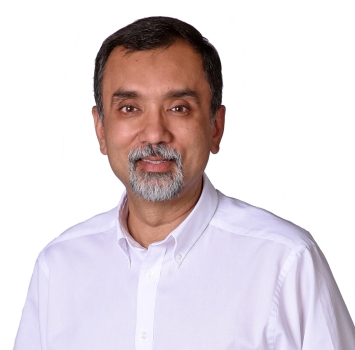NB: My thanks to Dr. Tristan Brownrigg for guest blogging for me today. By his own admission, he never planned to be political, or seek out the limelight. But the situation in Ontario is such that he felt his perspective should be heard. I have a great deal of respect for people like Dr. Brownrigg, who are willing to step out of their comfort zone when necessary, and I commend him for doing so.

Dr. Tristan Brownrigg: I am a family physician, outdoorsman, and rural generalist currently working a mix of clinic, ER and inpatient care in the East Kootenays of British Columbia. I graduated from the University of Toronto Medical School, and did my Residency at Queen’s University (Kawartha site).
I completed family medicine residency in Ontario in 2022 and worked there for 6 months. Prior to this I completed medical school in Ontario, completed my undergraduate in Ontario, and had called Ontario home. Over the years I had watched my goal of working as a comprehensive rural family physician slowly become unsustainable amidst a collapsing system, decades of funding stagnation and poor planning, with a patchwork of good people on the ground trying to do their best in a system that doesn’t seem to value their input. Day after day the insidious march of the family medicine crisis grew closer to the forefront of peoples’ lives and garnered wider media attention, while the government either denied its existence or made no substantive changes that would realistically address it. This has not been the time for band-aids, let alone denial.
Last year I moved to rural British Columbia to try something different for a year, cautiously optimistic about the significant changes to family practice on the back of the LFP model implementation in early 2023. The Longitudinal Family Physician (LFP) model significantly changed how family physicians billed and were compensated in BC, including the ability to bill for the many hours family physicians typically spend on previously unpaid administrative tasks.
My experience has been night and day. For the first time in my medical career I have felt hopeful about the future of family medicine and find my day to day life to be sustainable. These changes have been received positively amongst all other family physicians I have discussed it with. It is not perfect and there are still kinks to be ironed out, but I at least believe my provincial medical association and government are trying to improve things for family physicians. I am not left questioning if government actions are purely incompetent or malicious with the intent to drive privatization.
I had retained my Ontario medical license until now, awaiting the May 2024 renewal deadline unsure if I would return home after a year of trying on a different life out west. Reading the recent government positions and negotiation briefs has been the final nail in the coffin for me. The disdain the Ontario government shows towards the hardworking family physicians who hold up the medical system is nothing short of repugnant. After more than a decade of training and education here, I will now be relinquishing my license to practice medicine in Ontario and stay in British Columbia.
The minister of health thinks recruitment and retention is “not a major concern.” That’s the problem; it should be. If I am not a prime example of this, I don’t know what is.
I wish all of my colleagues still in Ontario who do not have the luxury to vote with their feet the best of luck. If not this government, then I hope the next one learns to value your work and dedication.


3 thoughts on “Perspectives on Ontario Health Care by a Recent Graduate”